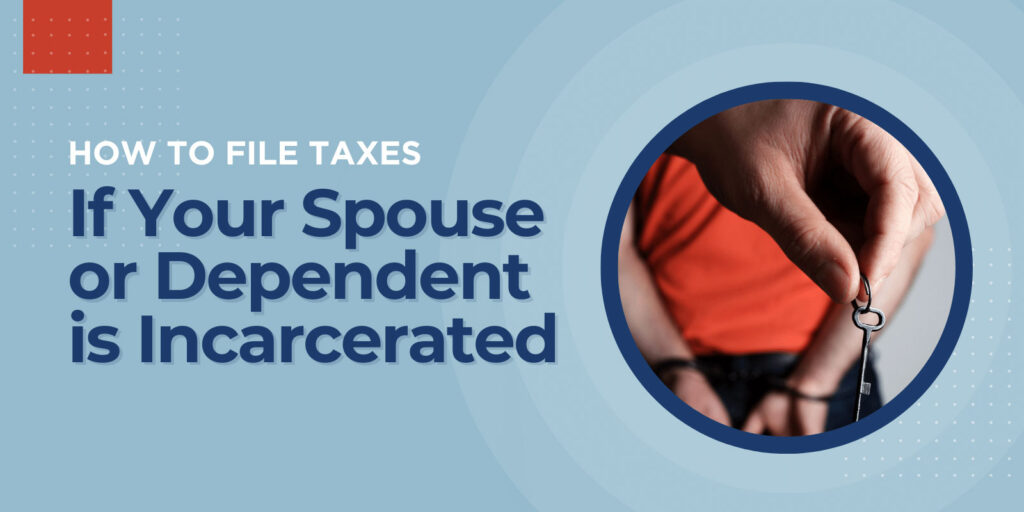
Filing taxes can be a complex process, and it becomes even more challenging when your spouse or dependent is incarcerated. In such situations, various considerations and adjustments must be made to ensure accurate and lawful tax filings. This article will guide you through the process, providing valuable information and tips on how to file taxes if your spouse or dependent is incarcerated.
Determine Filing Status
The first step in filing taxes when a spouse or dependent is incarcerated is to determine your filing status. If you are legally married, you typically have the option to file jointly or separately. Additionally, if you have a qualifying child, you can file as head of household.
Married Filing Jointly
The IRS considers married couples to be still married even when one spouse is incarcerated. As in more common tax situations, the married filing jointly status will provide the most tax benefits. For example, if your spouse does not earn income while imprisoned, your total taxable income will be lower and then further reduced by joint tax deductions. However, keep in mind that if you do file jointly, you may need to have a power of attorney to prepare, sign, and file your tax return on your spouse’s behalf.
There may be a scenario in which your spouse does earn income while in prison. If this is the case, you still need to report that income on your tax return. Even if your spouse was paid with non-cash income, such as commissary credits, the value of the credit needs to be counted as income. One important thing to note, however, is that your incarcerated spouse’s income, whether it be cash or non-cash payments, does not qualify as earned income. This includes any payments accepted while in a work release program or while living in a halfway house. This is important for those who claim the Child Tax Credit (CTC) or the Earned Income Tax Credit (EITC).
Head of Household
As previously mentioned, if you have a qualifying child or dependent, you can file as head of household. However, if you are married, you can only do this if you and your spouse did not live together in the last six months. You may not count your incarcerated spouse as a dependent. Additionally, you could file as head of household if the person incarcerated is your dependent, like a qualified child or relative. If the imprisoned person is your child, to qualify, they must:
- Be under age 19, a full-time student under age 24, or permanently and totally disabled;
- Not provide more than 50% of their own total support; and
- Live with you for more than 50% of the year.
If the imprisoned person is another family member or dependent, they must:
- Not provide more than 50% of their own total support; and
- Not be someone else’s qualifying child or dependent; and
- Not earn more $4,700 in 2023
Note that according to the IRS, temporary absences for special circumstances are permitted. This includes the incarceration of the child or dependent at a juvenile facility.
Tax Credits and Deductions
Explore available tax credits and deductions that may apply to your situation. For example, you may be eligible for the Child Tax Credit, Earned Income Tax Credit (EITC), or other credits depending on your circumstances. Understanding these options can help maximize your tax savings.
Many people in this situation ask if the money they send to their imprisoned spouse or dependent is tax deductible. The answer to this question is no. You cannot deduct any donations sent to a single person. This includes any fundraising money that might’ve been collected to fight a wrongful conviction case. Any qualified donations must be made to an IRS-approved 501(c)(3) organization.
Seek Professional Assistance
Filing taxes when your spouse or dependent is incarcerated requires careful consideration and a thorough understanding of tax laws. By following these steps and seeking professional advice, you can navigate the complexities of tax filing and ensure compliance while maximizing potential benefits. Remember to stay organized, gather all necessary documentation, and approach the process with diligence to achieve a smooth tax filing experience. Optima Tax Relief is the nation’s leading tax resolution firm with over a decade of experience helping taxpayers with tough tax situations.
If You Need Tax Help, Contact Us Today for a Free Consultation